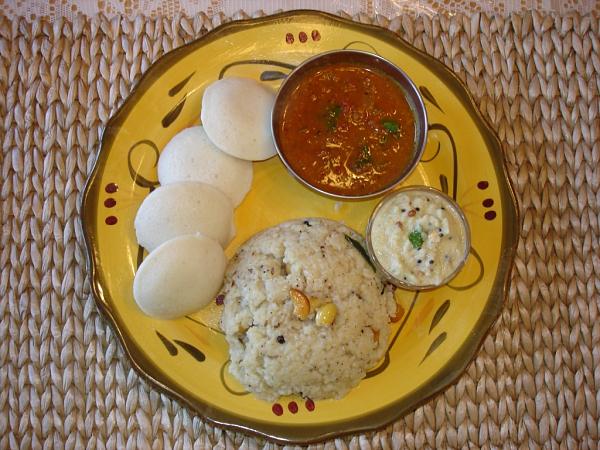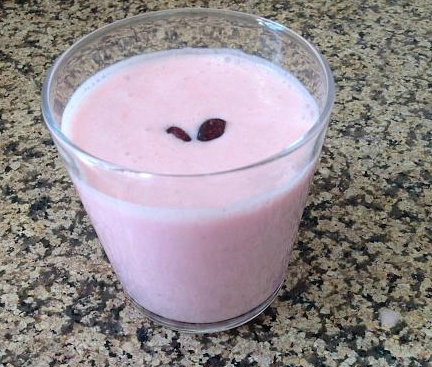Myths that surround food and nutrition are many. It is easy to be confused on what to follow. It is not difficult to make healthy lifestyle changes if you know the truth behind certain food myths. Read on to know some popular food myths and the facts.
1. Food Myth: Chocolate Gives Acne
If you are one among those who look for signs of acne after eating a piece of chocolate, you are not alone. The chocolate-skin connection has been made for decades without concrete data to support the statement. A trial performed in 1969 found that there is no relation between acne and chocolate. Acne occurs due to the production of excess oil in the skin. Though greasy foods are not good for health, they do not cause oily skin. Therefore, if you find that a specific food is causing breakouts, do avoid it. However, remember that there is no direct link between any food and development of acne. So go ahead and enjoy that piece of chocolate.
2. Food Myth: Carbohydrates Make You Fat
Carbohydrates do not make you fat, but eating more number of calories than what the body requires will make you fat. Carbohydrates are one of the primary nutrients that a body requires for smooth functioning of muscles and the brain. Depriving yourself of carbohydrates will make you feel less energetic, exhausted and starved. Approximately 45 to 65 percent of your daily intake of calories should come from carbohydrates.
3. Food Myth: Eating At Night Adds More Calories
Body is designed to process food anytime you intake food. Digestive system is not designed to process foods differently during various parts of the day. The total number of calories that you intake and how it is expended during the day is what matters. However, at night time, is also a vulnerable time when people tend to overeat with high-calorie foods as snacks, after an exhaustive day. This is because you starve during the day, and end up binging at night. Overeating can cause digestive problems, and can interfere with your sleep time. If you cannot avoid having late night dinner, eat light.
4. Food Myth: Having Fruits Immediately After a Meal Is Not Good
Experts say that eating fruits immediately after a meal can disturb the digestive process, which can cause bloating and acidity. Since fruits are rich in certain nutrients, it can hamper with digestion. Dieticians recommend that it is advisable to have a bowl of fruits an hour before or after a heavy meal.
5.Food Myth: Including Saffron in the Diet During Pregnancy Can Make The Baby Fair
According to doctors, the complexion of a child solely depends on the genes of the parents. Eating saffron is not going to help the baby become fair. However, saffron does help improve digestion, since the digestive system becomes quite slow during pregnancy. Combined with milk, it helps a pregnant woman get good sleep, as it has properties to treat insomnia. It has antioxidant and anti-cancerous properties. Avoid having too much of saffron, as it can raise the body temperature.
6. Food Myth: Organic Food Is More Nutritious Than Non-Organic Food
You can buy organic food if you want to support the health of the soil, small farmers, the well-being of livestock and the environment. You may also find it tastier. However, there is no concrete evidence so far to indicate that organic food is healthier, than the conventional produce. The best option to improve your nutrition is to eat more of fresh fruits and vegetables, organic or non-organic. The issue of pesticides on convention produce does exist, wash them carefully before use.
7. Food Myth: Skipping Meals Is A Natural Way to Lose Weight
People, who skip meals, or eat fewer times in a day, are prone to be heavier than people who eat healthy small meals a day. People skipping meals feel hungrier and overeat later, which explains the weight gain. Eating small meals throughout the day helps people to control appetite.
Disclaimer: The medical information in this article is provided as an information resource only, and is not to be used or relied on for any diagnostic or treatment purposes. Please consult your health care provider before making any healthcare decisions or for guidance about a specific medical condition.






